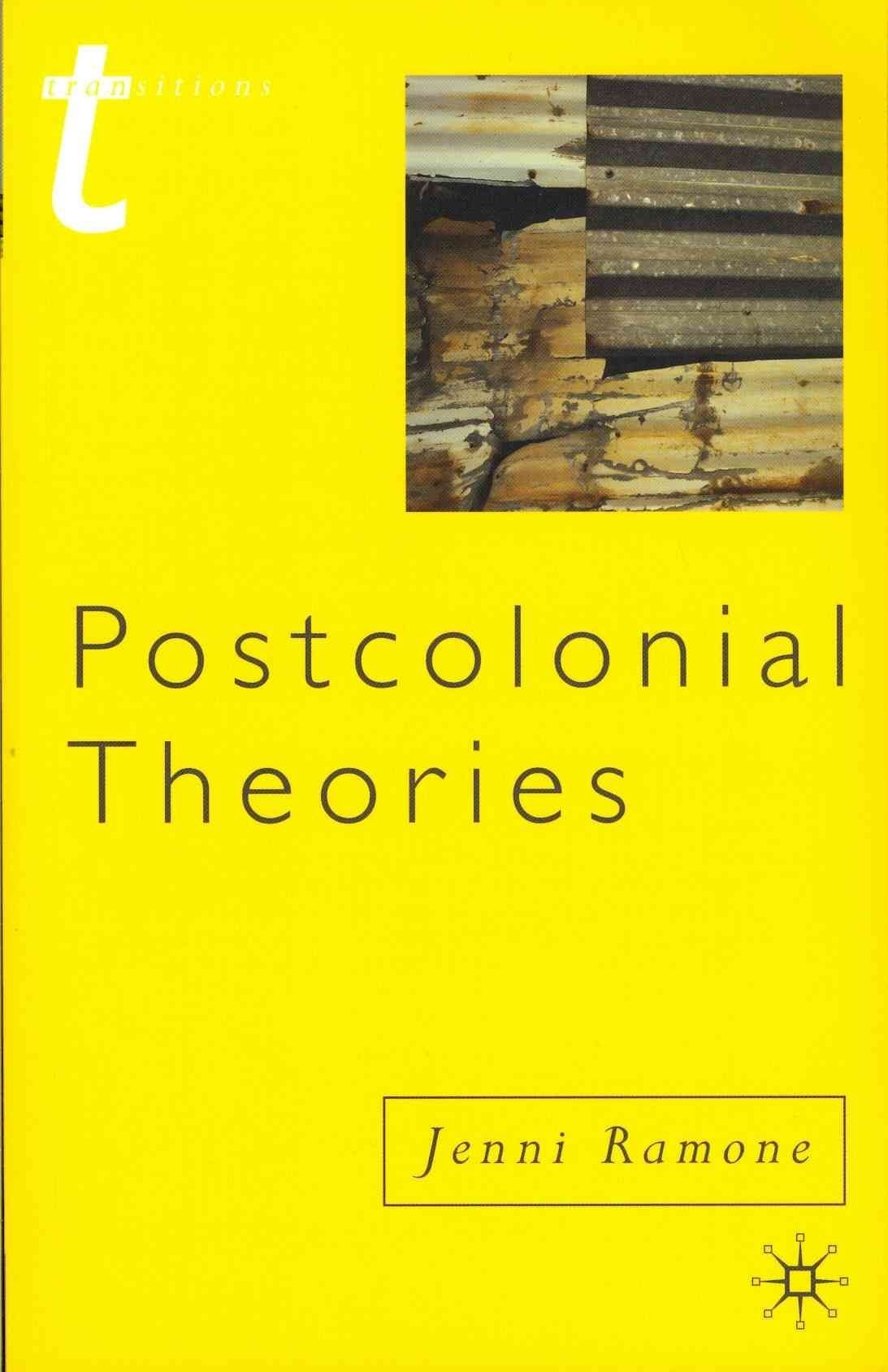At the end of the 1980s, a tri-polar world comprising the US, EU and Japan emerged. However, the economic turbulence of the early 21st century has destabilized this order, and the rise of other Asian powers has implications for the formation of a new economic configuration.This book discusses the probability of the different tentative global economic power balances to emerge, as well as the different contestants: the EU, China and Japan, among others.Organized into three sections, the first part addresses general and trend-wise developments with relevance to the outcome of the re-polarization process. Subsequently, three chapters focus on developments in China, India and Japan. Finally, special issues such as climate policies, corporate governance, social reforms and cross-border economic alliances are considered in greater detail, in relation to their implications for the outcome of the re-polarization process.Contents:Long Term Innovation Waves and the Potential Dissonance between Europe and Asia (Lennart Schön)Obstacles to Global Financial Adjustment: Economic Re-polarization and the Euro Area (Michael Hutchison)Interregional Trade Facing Re-polarization: The EU Trade Negotiations with ASEAN Countries (Lena Lindberg & Claes G Alvstam)The EU Meeting the Asian Trade Challenge - From Follower to Forerunner? (Anders Ahnlid)The Growing Financial Interdependence between Europe and Asia (Andrew Chiu & Peter MacKay)Asian Currency Basket Peg: Feasibility and a Move Towards a Multi-Polar World (Raj Aggarwal & Cal B Muckley)The Rise of China in a Tri-polar World: Can Corruption Co-exist with Economic Growth? (Andrew Delios & Roberto Galang)Japan’s Role on the New Economic Map: What is Japan’s New Identity in the 21st Century? (Yumiko Okamoto)India in a Re-polarized World (Shubhashis Gangopadhyay & S K Shanthi)Chindia FDI in Africa: Implications for Europe and Re-polarization (Raj Aggarwal & Rym Ayadi)Low-carbon Revolution of Chinese Economy: External Challenges vs. Internal Barriers (Libo Wu, Weiqi Tang & Wenshi Yu)The New Financial Architecture: The Role of Market Discipline for Governance (Apanard Penny Prabhavivadhana & Clas Wihlborg)EU and Vietnam: From a Parental to a Competitive Relationship? (Ari Kokko)The Role of SWFs in Shaping the Neo-polar World: The Asia-Europe Perspective (Michael Keller)Stuck in the Middle: A Challenge of Re-polarization for Europe and Indonesia (Janti Gunawan, Elizabeth L Rose & Rebecca Piekkari)The Reform and Reconstruction of China’s Social Security System (Chun Ding)Readership: Postgraduate students, researchers in international and Asian economics/international relations; policymakers and analysts, business leaders interested in the multidimensional development of the global economic power balance.












